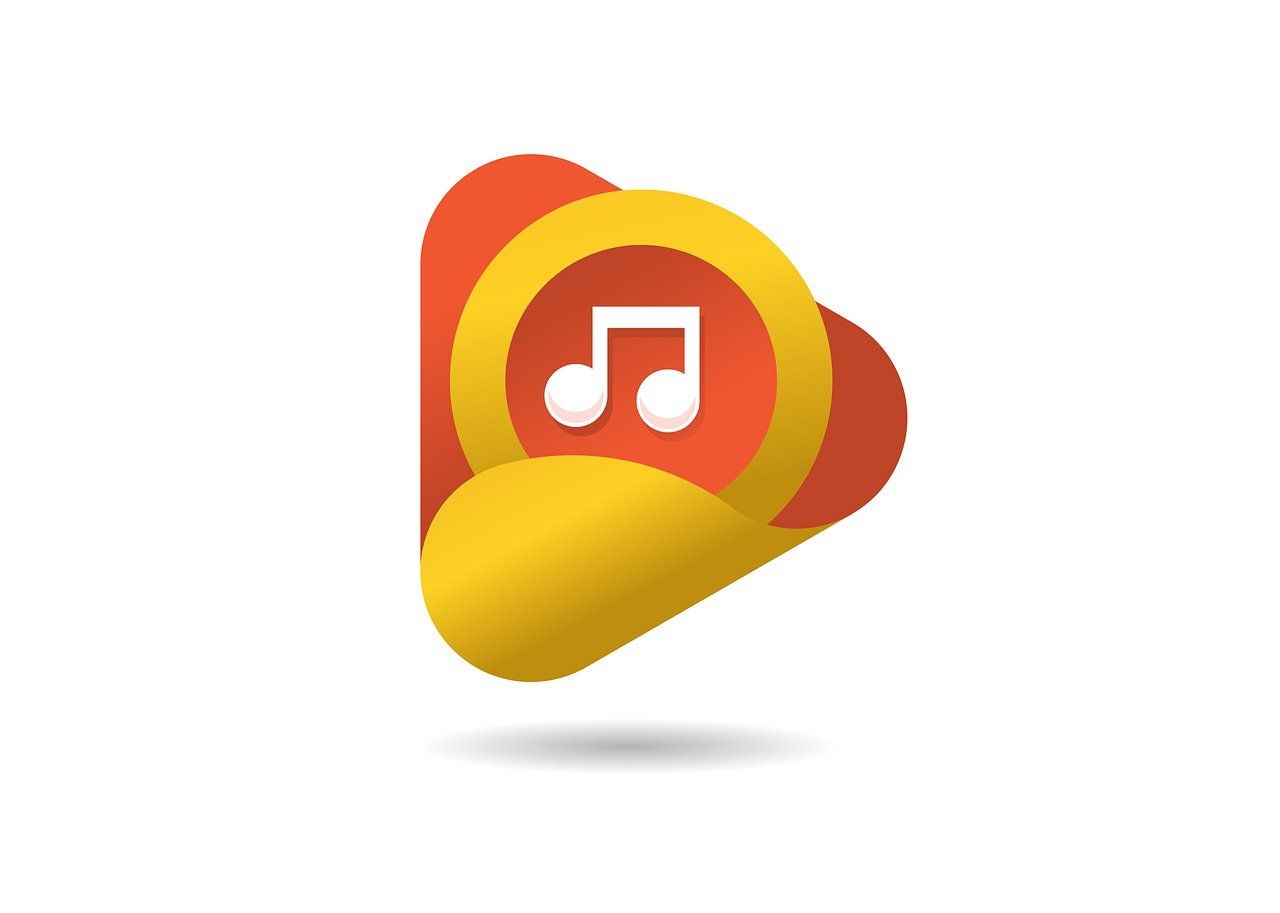Have you ever written a song that you felt was too good to keep to yourself? You’re not alone. Songwriters around the world dream of sharing their music with an audience that truly appreciates it. But the big question is—how do you pitch a song and get people to listen?
Don’t worry. This blog will walk you through everything you need to know about pitching a song, from finding the right people to crafting the perfect pitch. Let’s dive in and bring your music to life.
Why Pitching a Song Matters
If you’ve ever wondered why pitching a song is so important, think of it this way: even the best songs can go unnoticed if they don’t reach the right ears. Pitching your music is the bridge between your creative work and the industry professionals who can help bring it to the world.
When you pitch a song, you’re essentially telling someone, “Hey, I think this song is perfect for your project, artist, or audience.” It’s your chance to connect your talent with opportunities that can transform your music career.
Getting Started: Know Your Song Inside Out
Before you even think about pitching your song, take a moment to reflect on it. Ask yourself a few important questions:
- What genre does this song belong to?
- Who is the target audience for this music?
- What makes this song unique?
Answering these questions will help you identify the right people to pitch your song to. Whether it’s a music publisher, record label, or artist, knowing your song well gives you a stronger foundation for your pitch.
Who Should You Pitch Your Song To?
One of the most common mistakes songwriters make is sending their music to the wrong people. To avoid wasting your time and effort, do some research. Here’s a simple strategy:
- Look for music publishers: They specialize in finding songs for artists and projects.
- Reach out to record labels: Especially those in your song’s genre.
- Connect with artists: Many singers are open to original songs that fit their style.
- Check out sync opportunities: Film, TV, and advertising need music too!
The key is to target people who are likely to be interested in the type of song you’ve written. A country song might not resonate with someone looking for EDM tracks, for example.
Crafting the Perfect Song Pitch
Now comes the exciting part—crafting your pitch! Think of your pitch as a story. It should be engaging, concise, and to the point. Here are some tips to make it stand out:
- Start with a personal touch: Address the recipient by name and mention why you’re reaching out.
- Introduce your song briefly: Share its genre, mood, and unique aspects.
- Highlight why it’s a good fit: Explain how your song aligns with their needs or style.
- Include a demo: A high-quality recording makes a big difference.
For example, your pitch might sound like this:
“Hi [Name],
I hope you’re doing well! I’m a songwriter specializing in [genre], and I recently wrote a track that I believe would be a perfect fit for [project/artist]. The song, titled [Song Name], is an upbeat anthem with a heartfelt message that resonates deeply. I’ve attached a demo for your review and would love to hear your thoughts.”
Keep it short, sweet, and professional.
What Makes a Demo Stand Out?
When you pitch a song, your demo is often the first thing the recipient will judge. Make sure it represents your work in the best possible way. Here’s how:
- Use clear, high-quality audio.
- Add simple instrumentation to showcase the melody and lyrics.
- Keep it polished but not overproduced—leave room for the artist’s interpretation.
Think of your demo as a sneak peek into the potential of your song. It should grab attention without overwhelming the listener.
The Power of Persistence
It’s easy to get discouraged when you don’t hear back right away. But remember, success rarely happens overnight. The music industry is competitive, and sometimes it takes multiple attempts to get noticed.
If someone doesn’t respond, wait a couple of weeks and follow up politely. A simple message like, “Hi [Name], just wanted to follow up on the song I sent earlier. I’d love to hear your feedback if you have a moment,” can work wonders.
At the same time, don’t rely on just one pitch. Reach out to multiple people and explore different opportunities. The more you put yourself out there, the higher your chances of success.
Building Relationships in the Music Industry
Pitching a song isn’t just about sending out emails—it’s about building connections. Networking can open doors to opportunities you might not have considered. Here’s how you can grow your network:
- Attend music industry events and showcases.
- Join songwriting communities and forums.
- Connect with professionals on social media platforms like LinkedIn and Instagram.
- Collaborate with other artists and producers.
The more people you know in the industry, the easier it becomes to pitch your songs effectively.
Learning from Rejection
Not every pitch will result in success, and that’s okay. Rejection is a natural part of the process, and it can teach you valuable lessons. If someone provides feedback, take it constructively and use it to improve your future pitches.
Ask yourself:
- Was the song a good fit for the person I pitched it to?
- Could my demo or pitch letter have been stronger?
Treat every rejection as a stepping stone toward growth. The key is to stay motivated and keep pushing forward.
Why Timing Matters
Sometimes, it’s not about the quality of your song but the timing of your pitch. The music industry operates on schedules and trends, so your song might resonate more at a later date. Stay informed about what’s popular and look for opportunities that align with your music.
For instance, holiday songs are best pitched months before the season begins. Similarly, if a particular genre is trending, focus on songs that fit within that style.
Tools and Resources to Help You Pitch a Song
There are plenty of tools and platforms designed to help songwriters pitch their music. Some popular options include:
- Music libraries like Songtradr and TAXI.
- Social media for direct outreach to artists and labels.
- Online courses and webinars on songwriting and pitching.
Leverage these resources to make your pitching process smoother and more efficient.
The Joy of Sharing Your Music
At the end of the day, pitching a song is about sharing your passion with the world. Every pitch you send is a chance to connect with someone who might fall in love with your music. Stay positive, stay focused, and remember why you started writing songs in the first place.
With persistence, preparation, and a little bit of luck, your music can find its way into the hearts of listeners everywhere. So go ahead—pitch your song and watch where it takes you!
For further reading, explore these related articles:
- Best Songs to Listen to When You Miss Someone – A Heartfelt Collection
- The Joyful World of Holiday Songs: Music That Lights Up Celebrations
For additional resources on music marketing and distribution, visit DMT Records Pvt. Ltd.






